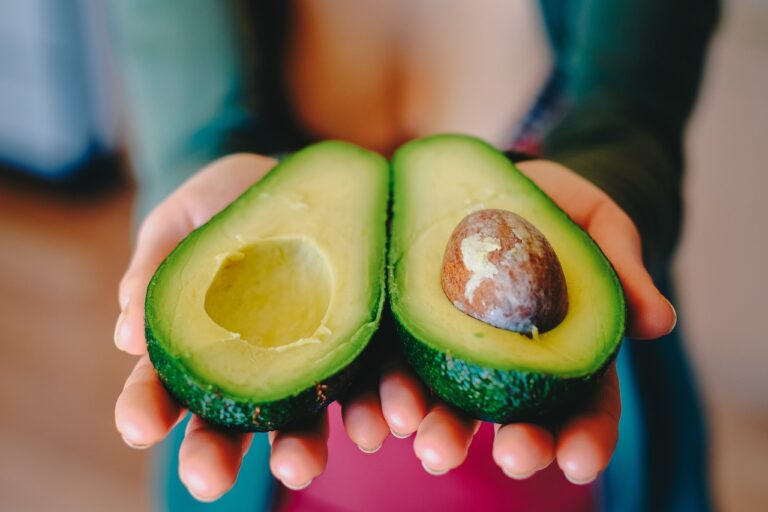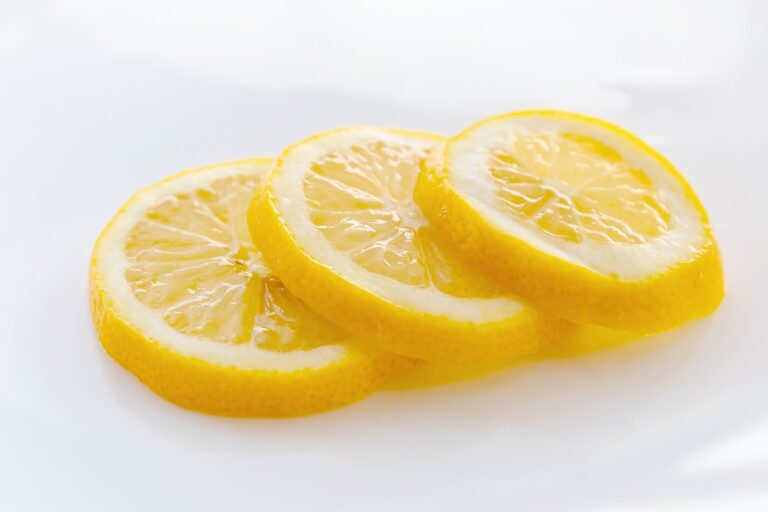Here Are 10 Reasons Why You Are Craving Mustard
Mustard, a flavorful condiment made from the seeds of the mustard plant, has been gracing our dishes for centuries. While it might seem peculiar to some, many people find themselves specifically craving this spicy, tangy sauce. But why? Let’s explore the potential reasons behind this intense desire for mustard.
Why Am I Craving Mustard?
1. Nutritional Needs
Mustard seeds are packed with essential nutrients, such as selenium, magnesium, and omega-3 fatty acids. When our body is deficient in certain nutrients, it naturally craves foods that can replenish them.
Additionally, mustard is also a good source of antioxidants. Our body might crave mustard in an attempt to fight off free radicals and protect itself from oxidative stress, which can lead to various health issues.
2. Flavor Enhancement
The unique flavor profile of mustard can enhance the taste of various dishes. Its spiciness can make bland foods more appealing, leading to increased salivation and digestive enzyme secretion.
Moreover, the tangy nature of mustard can balance out flavors in dishes, making them taste better overall. This might be a reason why some individuals have a penchant for this condiment.
3. Cultural Preferences
In certain cultures, mustard is a staple condiment. Growing up in such environments can create a deep-rooted love for the flavor. Over time, these preferences can manifest as cravings.
Many traditional dishes, especially in European cuisines, use mustard as a key ingredient. Therefore, someone from such a background might naturally develop a fondness for this flavor.
4. Psychological Triggers
Certain foods or condiments can be associated with happy memories or comforting moments. If someone associates mustard with such positive experiences, they might crave it during times of stress or sadness.
For instance, if someone used to enjoy mustard-rich dishes during family gatherings, they might associate it with love, warmth, and connection. In trying times, this condiment might serve as a source of comfort.
5. Metabolic Boost
Mustard is known to stimulate metabolism. The body might crave it when in need of a metabolic kick or when trying to burn more calories.
The thermogenic properties of mustard mean that it can increase the metabolic rate temporarily. This might explain why some people feel an urge to consume it, especially if they’re focusing on weight management.
6. Dietary Habits
Regular consumption of mustard can lead to its inclusion in the body’s list of familiar foods. When one is accustomed to having mustard frequently, its absence might trigger cravings.
As with any dietary habit, the more frequently one consumes a particular food, the more their body becomes accustomed to its taste and the benefits it provides. Over time, missing out might result in a desire to have it.
7. Sensory Satisfaction
The distinct aroma and taste of mustard stimulate the senses. For those who enjoy strong flavors, mustard provides a unique sensory experience that’s hard to match.
The combination of its texture, aroma, and spiciness can be very satisfying to the palate. This sensory pleasure might be a significant reason behind the cravings for mustard.
8. Digestive Benefits
Mustard has been known to aid digestion. The spicy nature of mustard can stimulate the production of saliva and digestive juices, helping in breaking down food more efficiently.
If someone is having digestive issues or feels sluggish, their body might desire mustard to aid the digestive process and alleviate discomfort.
9. Mood Enhancement
Certain foods can uplift our mood, and mustard might be one of them. The sharp taste can act as a jolt to the senses, providing a quick energy boost.
It’s also possible that the body associates the consumption of mustard with a rush of endorphins, the body’s natural mood enhancers. This can lead to cravings, especially during moments of lethargy or low energy.
10. Evolutionary Perspective
From an evolutionary standpoint, our ancestors often sought out spicy foods as they were considered less likely to be spoiled or infected. This could have led to an ingrained preference for spicy condiments like mustard.
Over time, this evolutionary trait might have been passed down through generations. This deep-rooted preference could explain the innate desire for spicy and tangy flavors, such as mustard.
Craving Honey Mustard
Craving honey mustard is often a sign of a desire for a sweet and tangy flavor combination. This unique sauce, blending the smooth sweetness of honey with the sharp bite of mustard, can be a delightful addition to many dishes. It’s particularly popular as a dip for chicken tenders, a dressing for salads, or a spread for sandwiches.
The craving might also indicate a need for comfort food, as honey mustard is commonly associated with familiar and comforting meals. Additionally, this craving could point to a body’s intuitive need for the antioxidants found in honey and the anti-inflammatory properties of mustard. Whether used in cooking or as a condiment, honey mustard adds a deliciously balanced flavor to a variety of recipes, making it a versatile kitchen staple.
Craving Mustard And Pickles
Craving mustard and pickles is an intriguing combination that speaks to a love for bold and vibrant flavors. This duo is often craved by those who enjoy the sharp tanginess of mustard paired with the crisp, acidic bite of pickles. It’s a common craving for individuals looking for a flavor-packed snack or addition to their meals.
Such cravings might be driven by the body’s desire for the probiotics found in pickles and the turmeric in some mustards, which offers anti-inflammatory benefits. These cravings can lead to creative culinary experiments, from adding pickles and mustard to burgers and sandwiches to creating unique salad dressings. Embracing this craving can also introduce an exciting contrast of textures and flavors to dishes, enhancing the dining experience.
Craving Mustard And Vinegar
Craving mustard and vinegar indicates a penchant for acidic and tangy flavors, which can invigorate the palate and add depth to food. This combination is often sought after by those wishing to enhance the flavor profile of their dishes without adding excessive calories. Mustard and vinegar together can be used in marinades, dressings, and sauces, offering a low-calorie way to pack a punch of flavor.
The acidic nature of vinegar paired with the complex flavors of mustard can also stimulate digestion, possibly explaining why some people crave this combination. Furthermore, incorporating these ingredients into your diet can provide various health benefits, including aiding weight management and improving heart health. As versatile pantry staples, mustard and vinegar are essential for anyone looking to add zest and complexity to their cooking.
Craving Mustard During Pregnancy
Craving mustard during pregnancy is quite common, as pregnant women often experience heightened senses of taste and smell, leading to specific and sometimes unusual cravings. Mustard, with its strong flavor, can be particularly appealing for its ability to satisfy these intensified cravings. This craving may also be the body’s way of seeking nutrients like selenium and magnesium, which mustard contains.
Moreover, the craving for mustard during pregnancy could be a sign of seeking comfort foods or flavors that provide a sense of nostalgia or satisfaction. It’s important for pregnant women to listen to their bodies while also ensuring they maintain a balanced and nutritious diet. Including mustard in moderation can add flavor to meals without adding unnecessary calories, making it a healthy addition to a pregnancy diet.
Craving Yellow Mustard
Craving yellow mustard is not just about seeking a tangy flavor; it’s often about the simple pleasure found in this common condiment. Yellow mustard, with its bright color and pungent taste, can elevate the simplest dishes, from hot dogs to sandwiches, making them more enjoyable. This craving could also stem from the body’s need for the antioxidants and nutrients found in mustard seeds, such as omega-3 fatty acids, selenium, and magnesium.
The desire for yellow mustard might also reflect a comfort or familiarity that this condiment brings to many. It’s a staple in American cuisine, often associated with picnics, barbecues, and family gatherings. Whether it’s used as a condiment, marinade, or dressing, yellow mustard is a versatile ingredient that can satisfy cravings and enhance the flavor of numerous dishes.
Conclusion
Cravings are complex and can be influenced by a myriad of factors, from nutritional needs to cultural backgrounds. When it comes to mustard, its unique flavor profile, coupled with its numerous benefits, makes it a desired condiment for many. Whether you’re reaching for that bottle because of deep-rooted memories or simply to spice up a dish, it’s evident that mustard holds a special place in our culinary hearts.





